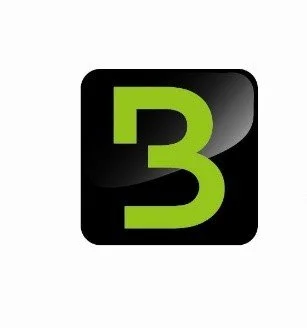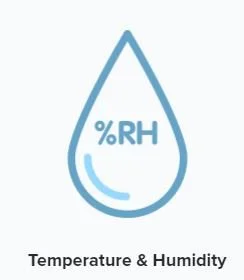Validation Services
Benchmark Quality Systems has the capability to deliver Validation/Qualification support across a diverse range of quality intensive industry sectors,
Pharmaceutical Operations
Medical Device Manufacturing
Hospital Facilities
Laboratories
Health Science Facilities
Blood and Tissue Bank operations
Quality Critical Industrial Operations
In today's highly regulated industries, the importance of robust validation and qualification services cannot be overstated. Our comprehensive suite of services ensures that your equipment, processes and software meet stringent regulatory standards. With a proven track record in pharmaceuticals, biotechnology and medical devices, we offer tailored solutions that encompass commissioning, qualification and validation, guaranteeing that your operations are efficient, compliant and audit ready. Trust in our expertise to maintain the integrity of your quality management system and safeguard the success of your products.
The Basics of Validation
Validation
Validation is the establishment of documented evidence that a system or process consistently delivers the required outcomes as intended.
Fundamentally, it is a systematic program that can withstand competent technical scrutiny. The outcome being a high degree of assurance that specific processes, methodologies, systems or individual equipment will produce results meeting pre-determined acceptance criteria.
Effective validation relies on determination of the Critical Quality Attributes (CQAs) and Critical Process Parameters (CPPs) inherent to the system. Consistent process control requires tight regulation of these aspects, underpinned by the documented data integrity for that system.
Why Validate ?
To demonstrate that the required quality standards are met.
To demonstrate compliance standards are met.
To demonstrate product efficacy standards are met.
To demonstrate safety standards are met.
To deliver economic assurance that processes will deliver the required efficiency.
Types of Validation
Process Validation
Equipment Validation
Validation of Cleaning Methods
Method Validation
Computer and Data System Validation
Periodic Reviews
Core Elements and Steps of Validation
Define the Validation Strategy via documented Validation Project Plans (VPPs).
Define the Verification Quality Strategies (VQSs) by identifying and documenting the Critical Quality Attributes (CQAs) and Critical Process Parameters (CPPs).
Protocols – Installation/Operational and Performance Protocols (IQ/OQ/PQ) are drafted/reviewed to define the testing methodologies.
Establish acceptance criteria to demonstrate CQAs and CPPs are regulated/controlled.
Responsibilities/accountabilities are defined and documented.
Data integrity compliance is assessed– inspection readiness.
Applicable Procedures that define standard operating methodologies are reviewed.
Deviation procedure applied to define corrective/preventive actions.
Conclusions documented.
Review and Reporting - Protocols reviewed and outcomes documented in a concise report.
Verification
Verification is the application of test methods/procedures that evaluate, monitor or if possible, quantify the control measure(s) that demonstrate operating systems are delivering outcomes in accordance with pre-defined criteria.
Qualification
Qualification is action or a set of tests to establish that equipment or ancillary systems are installed and operate as intended. Qualification must also establish that effective control measures are in place to ensure that continued operation will consistently deliver the expected results.
Qualification is part of validation, but the individual qualification steps alone do not constitute process validation.











